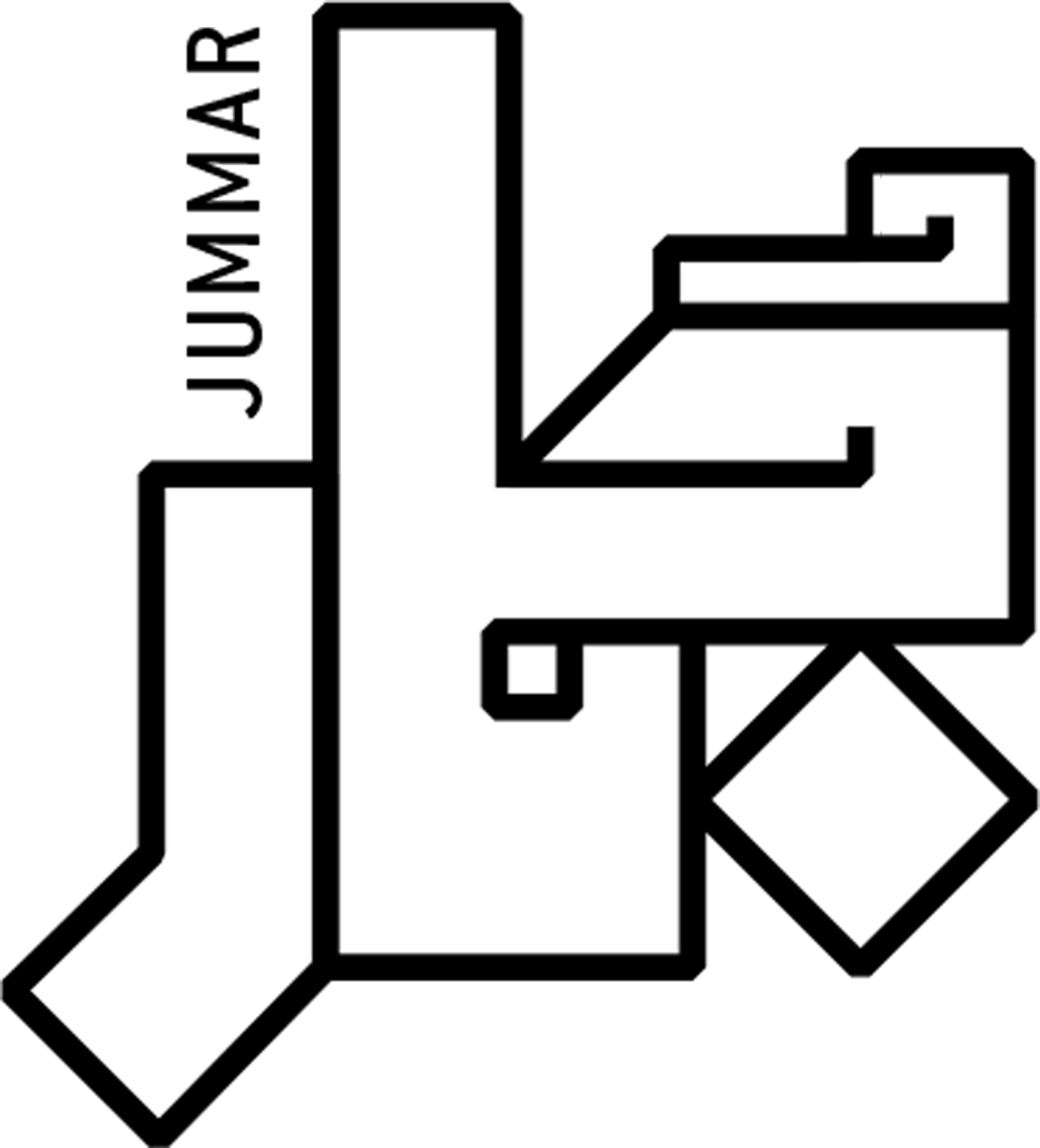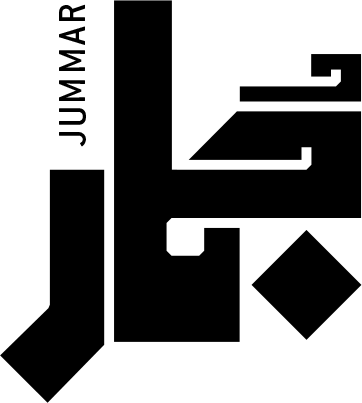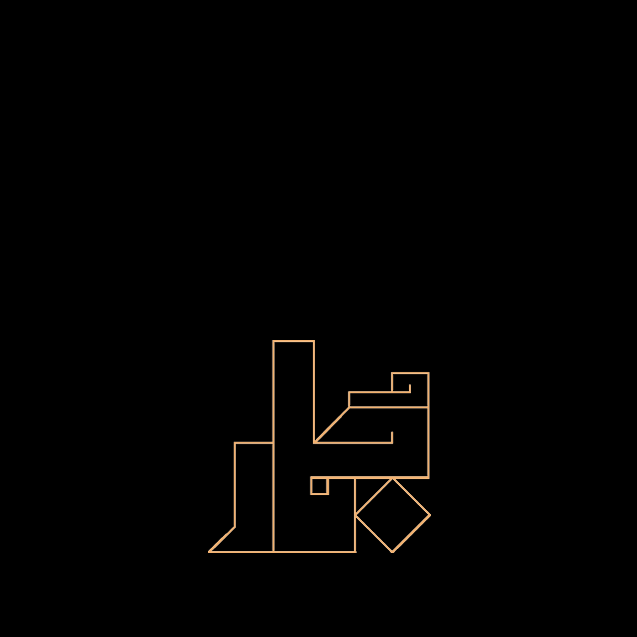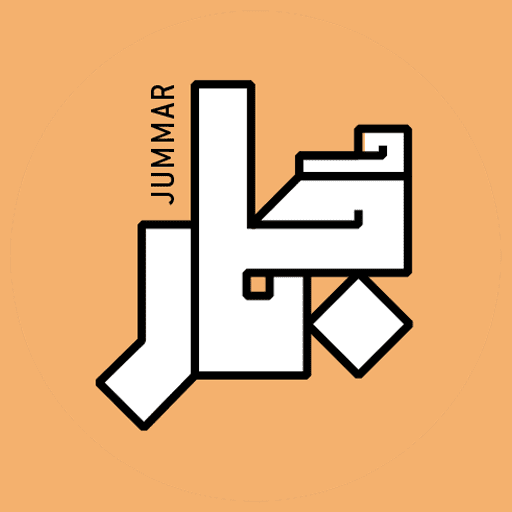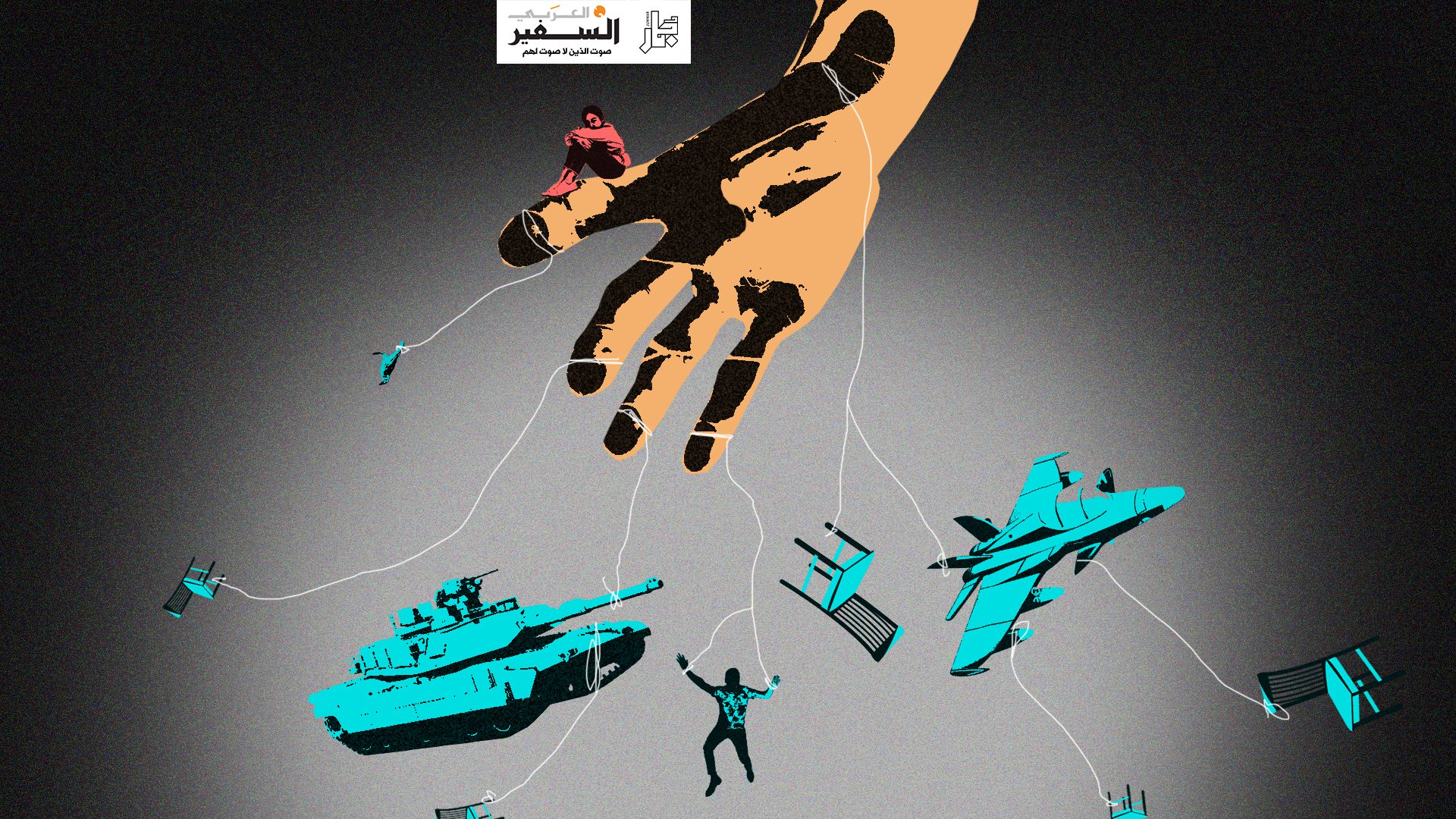“Ladies’ Chit Chat”: How Women Ease the Pains of Summer
18 Sep 2023
These tea gatherings at home, often stigmatised as “ladies chit chats” and a waste of time, are generally the only space for women to talk and support each other. This is where they cry, laugh, joke, and make fun of their problems, each in their own way. How women ease the pains of summer through afternoon gatherings.
“She is suckling milk and sweat”
While breastfeeding her daughter, Zainab (who is in her twenties) mocked the size of her breast and its soreness due to it being constricted by her bra. She is forced to wear a bra all the time, even at home, as she lives with her husband’s family and cannot enjoy some freedom to breastfeed her daughter and dress comfortably because of the rules and strictness of the men in the house.
If she ever complains to her mother or mother-in-law, they call her spoiled and tell her that they raised dozens of children in worse conditions, so she remains silent.
That sweltering afternoon, some women gathered at the house of my mother’s colleague. I realized that each of them, just like me, was suffering from the irritation of wearing a bra, which we would take off as soon as we got home.
This was one of the afflictions and discomforts I did not know about at a younger age, before realizing what it means to be a woman. I have now turned twenty in the midst of a society that stigmatises us for nothing other than who we are.
As a result of this, my hatred towards my body and the fact that I was a woman grew, especially during the summer. However, this summer was different. For the first time, I heeded women’s gatherings and as a woman I started taking my afflictions and rights seriously, as I observed the daily suffering which the society that we live in tends to ignore.
The women at the gathering shone with glamour, elegance, smiles, and there was an aura of envy surrounding each one towards the other because each believed that her pain and suffering was greater than that of the others.

Before the breastfeeding mother could continue her complaint, she was interrupted by the widow of a martyr who died in one of the previous wars, “At least you have a man”, she said, grumbling about her brothers’ control over her. The process of getting permission for her to go out was more complex than getting an Iraqi security permit. Her brothers interfere in what she wears and everything concerning her life.
Millions of widows, or those whose husbands are missing, are lucky to live under the roof of a male provider from their families, but they are not free.
These women suffer from having little or no privacy and a lack of freedom to dress as they would like inside the house. They have no right to go out to ease the long, harsh summer days. For instance, our divorced neighbour was invited to the gathering, but her brother prevented her from leaving the house, even though she is a teacher in her forties.
Adult women are treated like children with no capacity for decision-making, even if they hold a degree and work in high positions.
Even if a woman’s family give her the right to go out, she will still suffer from the lack of entertainment venues in most governorates of Iraq. The majority of coffee shops are for men only and have no space for women. The unpaved streets are not easy for women to walk in as they are full of potholes that hurt their feet. In addition to this, if a woman goes out wearing her black clothing, it will turn white by the time she comes back due to the dust. Even if she finds a paved street, she will not be spared from the hurtful comments of harassers.
Recently, gossip spread about our young neighbor, whose husband was killed in the Camp Speicher massacre, when she decided to stop wearing her mourning clothes after years, also due to the requirements of her work as a pediatrician. She is the provider for herself and her daughter.
The widow’s decision to no longer wear black mourning clothes, as they worsen summer’s heat and make her prone to many medical issues, exposed her to people’s gossip who “suspected her of looking for a man”. They even went as far as calling her names and sometimes slandering her.

I returned to examining these women and the way they think. My eyes settled on a woman with curly hair, who was the only unveiled woman among us. I have always envied this lady’s freedom of dressing and how she is not forced to hide under layers of dark stockings, sleeves and abayas.
However, I noticed that afternoon that she wore a long-sleeved shirt and long trousers. I was surprised that she wore such clothes in this heat, so I asked in a whispered voice, “What is it, auntie? Are you going to wear the Hijab?”
She laughed, then rolled up her sleeve to show me the hair on her arm. She then quickly rolled it back down and winked at me, as if she was revealing a great secret and not just some hair that everyone has on their arms, preferring to hide it even from her friends.
In the summer, unveiled women experience social pressure to remove their body hair, or else they will be called unclean, although those who chastise them are either men, whom no one criticises because of their body hair, or women who have the same hair and are under the same pressure.
Let’s talk about hair removal and the calculations involved in the process.
Many women resort to shaving because it costs less than other methods, as razors range from one thousand to four thousand Iraqi dinars. Cheap razors are usually poor-quality, and if women reuse the tool repeatedly to save money, they will risk their health in the long run, as hair regrows under the skin causing inflammation.
Moreover, these infected areas, resulting from frequent shaving in sensitive areas, cause darkening of the skin, which puts women under additional social pressure because of beauty stereotyping. The colour of these areas should be “white and alabaster-smooth”, even if the woman is dark-skinned.
No method is luxurious, even if women use wax or sugaring paste to remove hair, especially in the summer. Although the pain of the removal is momentary, it has a long-term effect causing premature wrinkles and sagging, forcing many women to use chemical anti-wrinkle products.
Of course, few women can afford laser hair removal, as the price of one session ranges between twenty-five to sixty US dollars, depending on the device and the centre.
My thoughts were interrupted as the bell rang, and another friend of my mother arrived. Her hand was wrapped in a bandage. We understood immediately, but she said in anticipation that she had fallen while cleaning the ceiling fan. We all -even me, the youngest- knew that her cruel husband did it. He, as usual, definitely beat her over a trivial matter, as he frequently does not need an excuse to be violent, let alone in summer.
Abusers consider summer an “excuse” to harm the women around them. Domestic violence increases with the temperature and the deterioration of the economic situation. Women become a scapegoat through which men vent their spleen.
Neither her husband nor other husbands, fathers, and sons notice that women spend half their day cleaning, cooking, and meeting the family’s needs, whether she is a worker, a mother, or both.
Summer coincides with school holidays, and the duties of mothers and women of the house increase as most family members are at home with extra demands. Iraqi women spend about six hours of their day doing house chores that include cooking, cleaning, caring for children and older people, and meeting the needs of adults. The number of hours rises if the woman lives in her in-laws’ house.
Even when she is in pain during her periods, a woman is forced to fulfil the family’s demands and is not allowed to talk about her bleeding. The situation worsens with power cuts, as women get stewed while making food for the men and children. Women suffer mental and physical exhaustion and fatigue in the high temperatures, which affects their vitality and health. Who can give some relief and support to these women?
Women stick together
These tea gatherings at home, often stigmatised as “ladies chit chats” and a waste of time, are generally the only space for women to talk and support each other. This is where they cry, laugh, joke, and make fun of their problems, each in their own way.

Although some women reject their sense of sisterhood and stand against other women, there are still those who hold each other’s hands and listen with love and support, those who stand by each other, comfort each other, and share life experiences and knowledge in an attempt to ease a crisis and the complexities of society, nature, and climate, until the following summer.
*The writer and women referred to in the article preferred not to give their real names.
Read More
“She is suckling milk and sweat”
While breastfeeding her daughter, Zainab (who is in her twenties) mocked the size of her breast and its soreness due to it being constricted by her bra. She is forced to wear a bra all the time, even at home, as she lives with her husband’s family and cannot enjoy some freedom to breastfeed her daughter and dress comfortably because of the rules and strictness of the men in the house.
If she ever complains to her mother or mother-in-law, they call her spoiled and tell her that they raised dozens of children in worse conditions, so she remains silent.
That sweltering afternoon, some women gathered at the house of my mother’s colleague. I realized that each of them, just like me, was suffering from the irritation of wearing a bra, which we would take off as soon as we got home.
This was one of the afflictions and discomforts I did not know about at a younger age, before realizing what it means to be a woman. I have now turned twenty in the midst of a society that stigmatises us for nothing other than who we are.
As a result of this, my hatred towards my body and the fact that I was a woman grew, especially during the summer. However, this summer was different. For the first time, I heeded women’s gatherings and as a woman I started taking my afflictions and rights seriously, as I observed the daily suffering which the society that we live in tends to ignore.
The women at the gathering shone with glamour, elegance, smiles, and there was an aura of envy surrounding each one towards the other because each believed that her pain and suffering was greater than that of the others.

Before the breastfeeding mother could continue her complaint, she was interrupted by the widow of a martyr who died in one of the previous wars, “At least you have a man”, she said, grumbling about her brothers’ control over her. The process of getting permission for her to go out was more complex than getting an Iraqi security permit. Her brothers interfere in what she wears and everything concerning her life.
Millions of widows, or those whose husbands are missing, are lucky to live under the roof of a male provider from their families, but they are not free.
These women suffer from having little or no privacy and a lack of freedom to dress as they would like inside the house. They have no right to go out to ease the long, harsh summer days. For instance, our divorced neighbour was invited to the gathering, but her brother prevented her from leaving the house, even though she is a teacher in her forties.
Adult women are treated like children with no capacity for decision-making, even if they hold a degree and work in high positions.
Even if a woman’s family give her the right to go out, she will still suffer from the lack of entertainment venues in most governorates of Iraq. The majority of coffee shops are for men only and have no space for women. The unpaved streets are not easy for women to walk in as they are full of potholes that hurt their feet. In addition to this, if a woman goes out wearing her black clothing, it will turn white by the time she comes back due to the dust. Even if she finds a paved street, she will not be spared from the hurtful comments of harassers.
Recently, gossip spread about our young neighbor, whose husband was killed in the Camp Speicher massacre, when she decided to stop wearing her mourning clothes after years, also due to the requirements of her work as a pediatrician. She is the provider for herself and her daughter.
The widow’s decision to no longer wear black mourning clothes, as they worsen summer’s heat and make her prone to many medical issues, exposed her to people’s gossip who “suspected her of looking for a man”. They even went as far as calling her names and sometimes slandering her.

I returned to examining these women and the way they think. My eyes settled on a woman with curly hair, who was the only unveiled woman among us. I have always envied this lady’s freedom of dressing and how she is not forced to hide under layers of dark stockings, sleeves and abayas.
However, I noticed that afternoon that she wore a long-sleeved shirt and long trousers. I was surprised that she wore such clothes in this heat, so I asked in a whispered voice, “What is it, auntie? Are you going to wear the Hijab?”
She laughed, then rolled up her sleeve to show me the hair on her arm. She then quickly rolled it back down and winked at me, as if she was revealing a great secret and not just some hair that everyone has on their arms, preferring to hide it even from her friends.
In the summer, unveiled women experience social pressure to remove their body hair, or else they will be called unclean, although those who chastise them are either men, whom no one criticises because of their body hair, or women who have the same hair and are under the same pressure.
Let’s talk about hair removal and the calculations involved in the process.
Many women resort to shaving because it costs less than other methods, as razors range from one thousand to four thousand Iraqi dinars. Cheap razors are usually poor-quality, and if women reuse the tool repeatedly to save money, they will risk their health in the long run, as hair regrows under the skin causing inflammation.
Moreover, these infected areas, resulting from frequent shaving in sensitive areas, cause darkening of the skin, which puts women under additional social pressure because of beauty stereotyping. The colour of these areas should be “white and alabaster-smooth”, even if the woman is dark-skinned.
No method is luxurious, even if women use wax or sugaring paste to remove hair, especially in the summer. Although the pain of the removal is momentary, it has a long-term effect causing premature wrinkles and sagging, forcing many women to use chemical anti-wrinkle products.
Of course, few women can afford laser hair removal, as the price of one session ranges between twenty-five to sixty US dollars, depending on the device and the centre.
My thoughts were interrupted as the bell rang, and another friend of my mother arrived. Her hand was wrapped in a bandage. We understood immediately, but she said in anticipation that she had fallen while cleaning the ceiling fan. We all -even me, the youngest- knew that her cruel husband did it. He, as usual, definitely beat her over a trivial matter, as he frequently does not need an excuse to be violent, let alone in summer.
Abusers consider summer an “excuse” to harm the women around them. Domestic violence increases with the temperature and the deterioration of the economic situation. Women become a scapegoat through which men vent their spleen.
Neither her husband nor other husbands, fathers, and sons notice that women spend half their day cleaning, cooking, and meeting the family’s needs, whether she is a worker, a mother, or both.
Summer coincides with school holidays, and the duties of mothers and women of the house increase as most family members are at home with extra demands. Iraqi women spend about six hours of their day doing house chores that include cooking, cleaning, caring for children and older people, and meeting the needs of adults. The number of hours rises if the woman lives in her in-laws’ house.
Even when she is in pain during her periods, a woman is forced to fulfil the family’s demands and is not allowed to talk about her bleeding. The situation worsens with power cuts, as women get stewed while making food for the men and children. Women suffer mental and physical exhaustion and fatigue in the high temperatures, which affects their vitality and health. Who can give some relief and support to these women?
Women stick together
These tea gatherings at home, often stigmatised as “ladies chit chats” and a waste of time, are generally the only space for women to talk and support each other. This is where they cry, laugh, joke, and make fun of their problems, each in their own way.

Although some women reject their sense of sisterhood and stand against other women, there are still those who hold each other’s hands and listen with love and support, those who stand by each other, comfort each other, and share life experiences and knowledge in an attempt to ease a crisis and the complexities of society, nature, and climate, until the following summer.
*The writer and women referred to in the article preferred not to give their real names.
